Discover the Women of the Hall
These are the Inductees of the National Women’s Hall of Fame. Select any of the women to discover their stories and learn how they have influenced other women and this country.
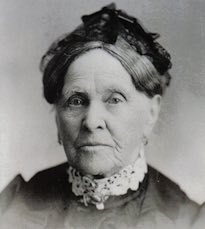 Lydia Moss Bradley
Business, Philanthropy
1816
Indiana
1998
Lydia Moss Bradley
Business, Philanthropy
1816
Indiana
1998

Lydia Moss Bradley
Educator, founder of Bradley University and coeducation advocate. Bradley was a pioneer in business and education, the first female member of a national bank board in the United States. Noted as a philanthropist who financially supported many social causes, she determined that Bradley University would be for both women and men.
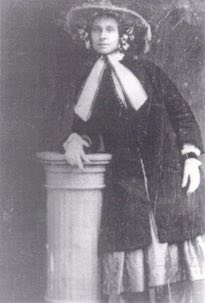 Amelia Bloomer
Humanities
1818
New York
1995
Amelia Bloomer
Humanities
1818
New York
1995

Amelia Bloomer
First woman to own, operate and edit a newspaper for women, The Lily. First published in 1849 in Seneca Falls, New York, it became a recognized forum for women’s rights issues. She often wore full-cut pantaloons under a short skirt, giving birth to the term “bloomers.”
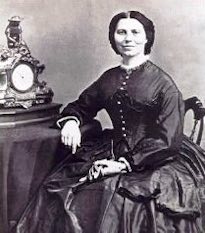 Clara Barton
Science
1821
Massachusetts
1973
Clara Barton
Science
1821
Massachusetts
1973

Clara Barton
Founder of the American Red Cross, Barton ministered to injured soldiers during the Civil War and became known as the “Angel of the Battlefield.” Devoted to the organization, she later took to the field, providing relief in the Spanish American War at the age of 77.
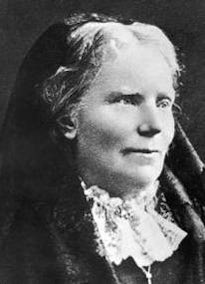 Elizabeth Blackwell
Science
1821
England
1973
Elizabeth Blackwell
Science
1821
England
1973

Elizabeth Blackwell
First American woman awarded an M.D. Blackwell founded the New York Infirmary for Women and Children and the Women’s Medical College, after having been banned from hospitals in New York. She paved the way for women in medicine.
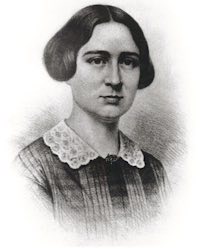 Antoinette Blackwell
Humanities
1825
New York
1993
Antoinette Blackwell
Humanities
1825
New York
1993

Antoinette Blackwell
First American woman ordained a minister by a recognized denomination (Congregational), despite great opposition to women in the ministry. Blackwell was a pastor, mother of seven children, and wrote many books and essays.
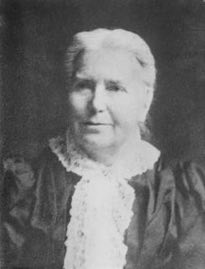 Emily Blackwell
Science
1826
England
1993
Emily Blackwell
Science
1826
England
1993

Emily Blackwell
Sister of Elizabeth Blackwell, was also a physician. Emily ran the infirmary for women and the medical college for women founded by her sister, providing excellent training for women in medicine.
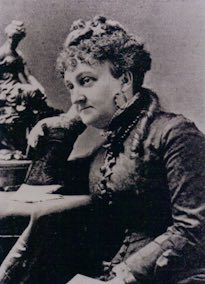 Myra Bradwell
Government
1831
Vermont
1994
Myra Bradwell
Government
1831
Vermont
1994

Myra Bradwell
America’s first woman lawyer. When denied permission to practice law in Illinois (despite passing the bar examination) because of her gender, she began publishing The Chicago Legal News, a very successful legal journal. When the laws changed in 1892, Bradwell was admitted to practice in Illinois and in the U.S. Supreme Court.
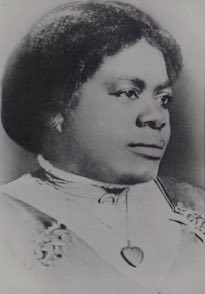 Mary McLeod Bethune
Education
1875
South Carolina
1973
Mary McLeod Bethune
Education
1875
South Carolina
1973

Mary McLeod Bethune
African American teacher who, with only $1.50, began a school to help educate young African American women. After developing it into a college, she became a powerful leader, and through her leadership of the National Council of Negro Women, worked to end discrimination and increase opportunities for African Americans.
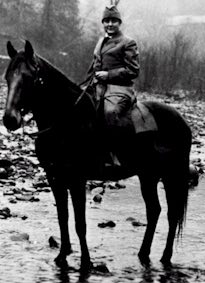 Mary Breckinridge
Science
1881
Tennessee
1995
Mary Breckinridge
Science
1881
Tennessee
1995

Mary Breckinridge
The United States foremost pioneer in the development of midwifery and provision of care to rural areas. Breckinridge founded the Frontier Nursing Service.
 Ruth Fulton Benedict
Science
1887
New York
2005
Ruth Fulton Benedict
Science
1887
New York
2005

Ruth Fulton Benedict
A student of Franz Boas and mentor to Margaret Mead, Ruth Fulton Benedict was a highly influential anthropologist whose theories tremendously influenced the field of cultural anthropology. Her 1934 Patterns of Culture became an American classic and is still a highly regarded publication today.
 Pearl S. Buck
Arts
1892
West Virginia
1973
Pearl S. Buck
Arts
1892
West Virginia
1973

Pearl S. Buck
Novelist whose writing evoked two different cultures, American and Asian. Buck won the Pulitzer Prize for The Good Earth and was later the first American woman awarded the Nobel Prize in Literature for her body of work.
 Ella Baker
Humanities
1903
Virginia
1994
Ella Baker
Humanities
1903
Virginia
1994

Ella Baker
Premier behind-the-scenes organizer and co-founder of the Southern Christian Leadership Conference (SCLC), headed by Martin Luther King, Jr. Baker also helped establish the civil rights movement’s foremost student organization, the Student Non-Violent Coordinating Committee.
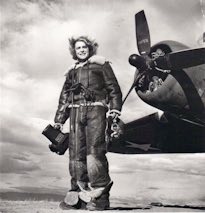 Margaret Bourke-White
Arts
1904
New York
1990
Margaret Bourke-White
Arts
1904
New York
1990

Margaret Bourke-White
Trailblazing photographer, recording the Depression, London in the Blitz, Stalin and the Kremlin, World War II and more as the paramount photographer for Life, Fortune and other publications.
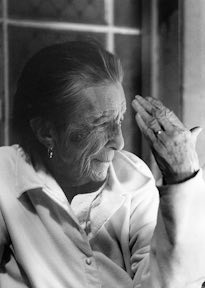 Louise Bourgeois
Arts
1911
France
2009
Louise Bourgeois
Arts
1911
France
2009

Louise Bourgeois
One of the world’s most preeminent artists, Louise Bourgeois’s career spanned over seven decades. Best known for her work as a sculptor, Bourgeois used a variety of materials including wood, metal, marble and latex to create works often reflective of her childhood experiences and life relationships. In 1982, Bourgeois became the first female artist to be given a retrospective at The Museum of Modern Art in New York, and in 1997 she was awarded the National Medal of Arts. Her varied and extensive body of work has been displayed in the collections of major museums worldwide.
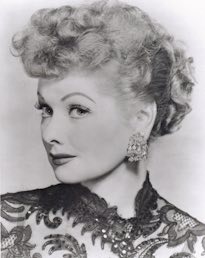 Lucille Ball
Arts, Business
1911
New York
2001
Lucille Ball
Arts, Business
1911
New York
2001

Lucille Ball
Undoubtedly one of the best known and best loved television comediennes of all time. The “I Love Lucy Show”, which began in 1951, is still shown in reruns in more than 70 countries around the world. She was a television pioneer who excelled both in the acting and the production aspects of television.
 Gwendolyn Brooks
Arts
1917
Kansas
1988
Gwendolyn Brooks
Arts
1917
Kansas
1988

Gwendolyn Brooks
Poet and novelist. Brooks was the first African American woman to win the Pulitzer Prize (Annie Allen, 1949). She was very active in the Black arts movement.
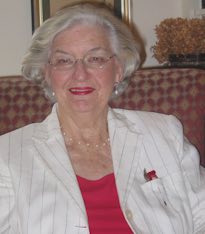 Betty Bumpers
Humanities
1925
Arkansas
2005
Betty Bumpers
Humanities
1925
Arkansas
2005

Betty Bumpers
Former first lady of Arkansas, Betty Bumpers dedicated herself to world peace and health initiatives for children across the United States. As First Lady of Arkansas, Mrs. Bumpers spearheaded an immunization program in her state that became a national model. She also co-founded Every Child by Two with Rosalynn Carter, a national immunization program. Mrs. Bumpers was active in the global campaign to eradicate polio.
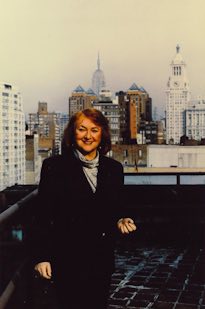 Eleanor K. Baum
Education, Science
1940
New York
2007
Eleanor K. Baum
Education, Science
1940
New York
2007

Eleanor K. Baum
As the former Dean of Engineering at Cooper Union and the Executive Director of the Cooper Union Research Foundation, Dr. Eleanor Baum is the first female engineer to be named dean of a college of engineering in the United States. In 1995, she became the first female president of the American Society for Engineering Education. An electrical engineer who has worked in the aerospace industry, Dr. Baum is a respected leader in recruitment and retention of women in the engineering profession.
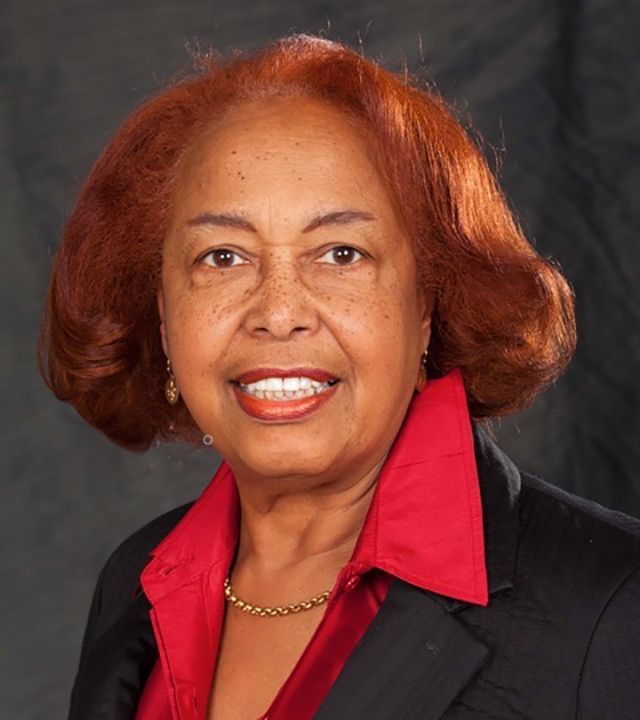 Patricia Bath
Science
1942
New York
2024
Patricia Bath
Science
1942
New York
2024

Patricia Bath
Patricia Era Bath was an American ophthalmologist, inventor, humanitarian, and academic. She was an early pioneer of laser cataract surgery and was the first Black woman physician to receive a medical patent, which she received in 1986, for the Laserphaco Probe and technique, which performed all steps of cataract removal.
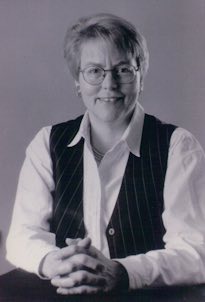 Charlotte Anne Bunch
Education, Humanities
1944
North Carolina
1996
Charlotte Anne Bunch
Education, Humanities
1944
North Carolina
1996

Charlotte Anne Bunch
Founder and director of the Center for Women’s Global Leadership at Rutgers University. Bunch has helped shape the global feminist movement and created consciousness about gender-based human rights. She is also a leader in national and international networking and advocacy for women.
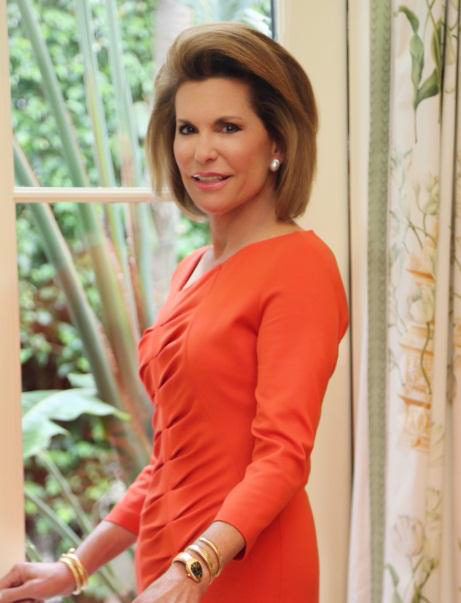 Nancy Brinker
Philanthropy
1946
Illinois
2015
Nancy Brinker
Philanthropy
1946
Illinois
2015

Nancy Brinker
The founder of Susan G. Komen®, Nancy Brinker pioneered in the concept of cause-related marketing allowing millions to participate in the commitment to eradicate breast cancer. She is regarded as the leader of the global breast cancer movement.
 Octavia E. Butler
Arts
1947
California
2021
Octavia E. Butler
Arts
1947
California
2021

Octavia E. Butler
 Ruby Bridges
Humanities
1954
Mississippi
2024
Ruby Bridges
Humanities
1954
Mississippi
2024

Ruby Bridges
Civil Rights icon, activist, author, and speaker, Ruby Bridges stepped into history books in 1960 when at six years old she single-handedly broke down barriers by desegregating the all-white William Frantz Elementary school in New Orleans.
 Ann Bancroft
Education, Science
1955
Minnesota
1995
Ann Bancroft
Education, Science
1955
Minnesota
1995

Ann Bancroft
First woman to travel across the ice to the North and South Poles. She was the first woman to travel across Greenland on skis, and in 1993, was leader of the American Women’s Expedition, a group of four who skied more than 600 miles to the South Pole.
